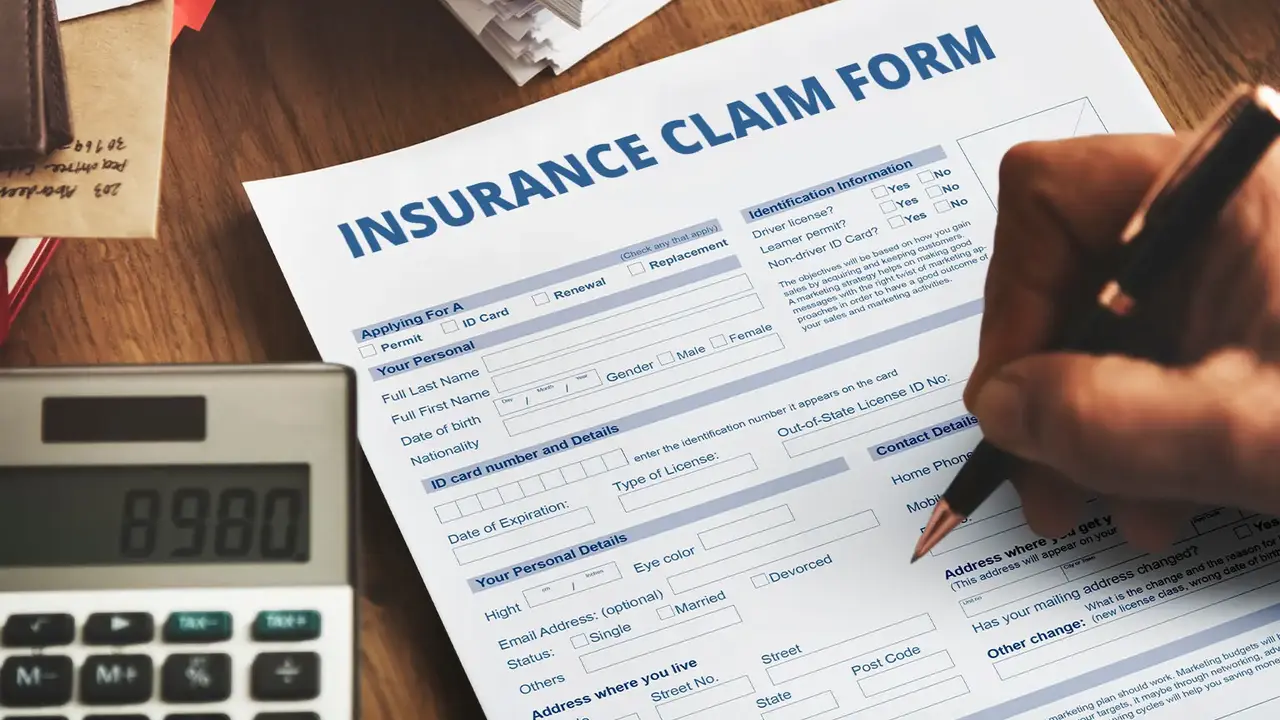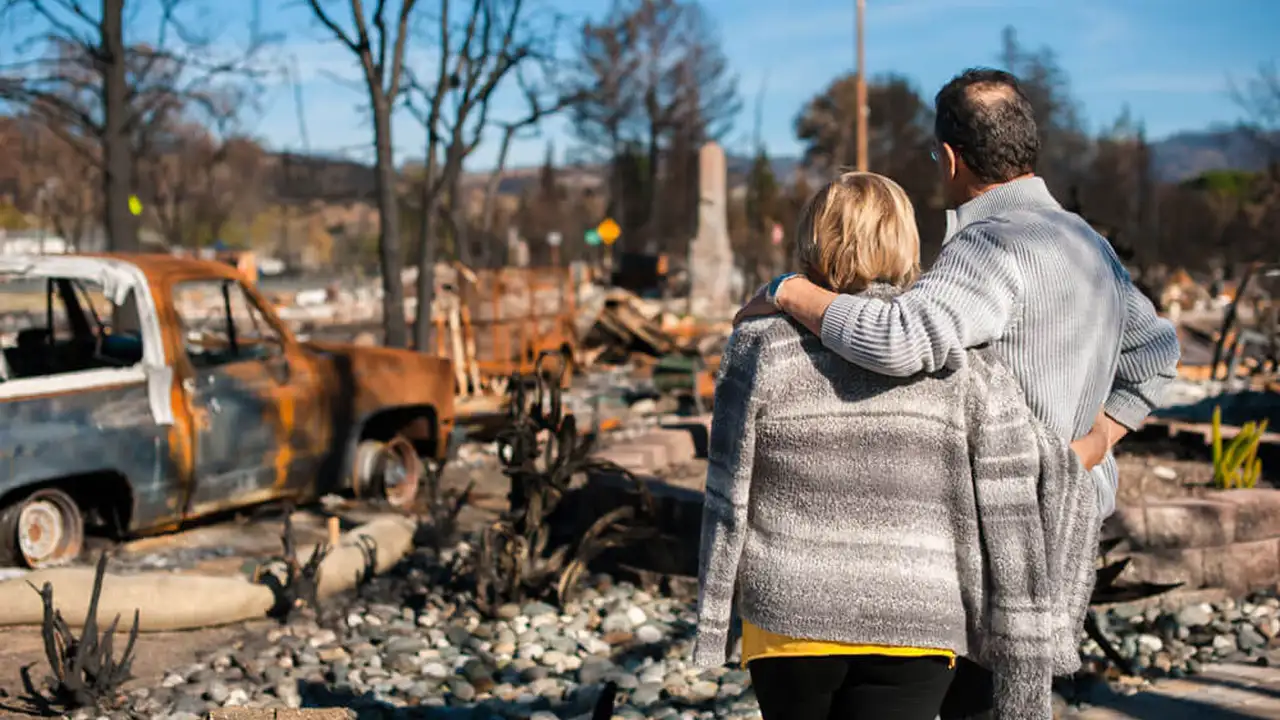Travel Insurance Claim Denied? Here's What to Do Next

What to do if your travel insurance claim is denied. Understand the appeals process, gather supporting documentation, and seek expert advice. Don't give up on your claim.
Understanding Why Your Travel Insurance Claim Was Denied
So, you filed a travel insurance claim, expecting a smooth reimbursement for your unexpected expenses, but instead, you received a dreaded denial letter. It's frustrating, but don't panic. Claim denials are common, and often, they can be overturned. The first step is understanding *why* your claim was denied. Insurance companies are required to provide a reason, even if it's in confusing insurance jargon. Let's break down some common reasons:
- Pre-Existing Condition Exclusion: This is a frequent culprit, especially for seniors. Many policies have clauses that exclude coverage for medical issues you had before purchasing the insurance. If your claim was related to a pre-existing condition, carefully review the policy wording. Did you have a waiver? Was the condition stable?
- Lack of Documentation: Insurers need proof. Did you provide all the necessary documents, like medical bills, police reports (for theft), or cancellation confirmations? Missing documents are a common reason for denial.
- Exclusion of Coverage: Policies have exclusions – things they *don't* cover. These might include extreme sports, acts of war, or certain types of medical treatments. Make sure your situation wasn't specifically excluded.
- Policy Limits Exceeded: Every policy has limits on how much it will pay out for different types of claims. If your expenses exceeded the policy limits, your claim may be denied or partially paid.
- Failure to Notify the Insurer: Some policies require you to notify the insurer as soon as possible after an incident. Failing to do so might result in denial.
- Fraudulent Claim: Attempting to submit a false or exaggerated claim is a serious offense and will almost certainly lead to denial and potentially legal consequences.
The Travel Insurance Appeals Process Step-by-Step for Seniors
Okay, you understand the reason for the denial. Now what? It's time to appeal. Here's a step-by-step guide:
- Review Your Policy Again: This is crucial. Re-read your policy document carefully, paying close attention to the specific clauses related to your claim. Understand your rights and the insurer's obligations.
- Gather Supporting Documentation: Strengthen your case. Collect any additional documents that support your claim. This might include:
- Detailed medical records from your doctor.
- Official police reports for theft or loss.
- Confirmation letters from airlines or hotels.
- Signed statements from witnesses.
- Any other evidence that validates your claim.
- Write a Formal Appeal Letter: This is your opportunity to present your case clearly and persuasively. Your letter should:
- Clearly state your policy number and claim number.
- Summarize the reason for the denial.
- Explain why you believe the denial was incorrect.
- Provide specific references to the policy wording that supports your claim.
- Attach all supporting documentation.
- Be polite and professional.
- Submit Your Appeal: Follow the insurer's instructions for submitting your appeal. This might involve mailing a physical letter or submitting documents online. Keep a copy of everything you send.
- Follow Up: Don't just submit and forget. Follow up with the insurer regularly to check on the status of your appeal. Keep a record of all communication.
Gathering Essential Documentation for Your Travel Insurance Appeal
As mentioned above, documentation is king. Let's elaborate on the types of documents you might need:
- Medical Records: If your claim involves medical expenses, obtain detailed medical records from your doctor or the hospital where you received treatment. These records should include diagnoses, treatments, and costs.
- Police Reports: If your claim involves theft or loss, obtain an official police report from the local authorities. The report should include a description of the stolen items and the circumstances of the theft.
- Cancellation Confirmations: If your claim involves trip cancellation, obtain confirmation letters from airlines, hotels, or tour operators. These letters should confirm the cancellation and the amount of any non-refundable expenses.
- Proof of Purchase: Keep receipts for everything! These are crucial to prove the value of lost or damaged items.
Seeking Expert Advice for Overcoming Travel Insurance Denial
Sometimes, navigating the complexities of travel insurance claims requires expert help. Consider these options:
- Consumer Protection Agencies: Contact your state's consumer protection agency for assistance. They may be able to mediate disputes between you and the insurance company.
- Travel Insurance Ombudsman: Some countries have travel insurance ombudsmen who can investigate complaints against insurance companies. Check if this service is available in your country.
- Legal Counsel: If your claim is substantial and you believe the insurer is acting in bad faith, consider consulting with an attorney who specializes in insurance law.
Specific Travel Insurance Products and Scenarios for Senior Claim Denials
Let's look at some hypothetical examples and how they might play out with specific insurance products:
Scenario 1: Pre-Existing Condition Flare-Up on a Cruise
The Situation: John, a 70-year-old with a history of heart problems, experiences chest pain on a cruise and requires emergency medical attention. His travel insurance claim is denied because of his pre-existing condition.
Possible Solutions:
- Check for a Waiver: Did John purchase a policy with a pre-existing condition waiver? Some policies offer waivers if you purchase the insurance within a certain timeframe of booking your trip and meet other requirements.
- Stable Condition Clause: Some policies cover pre-existing conditions if they were stable for a certain period before the trip (e.g., 60 or 90 days). John needs to prove his heart condition was stable.
- Consider "Cancel For Any Reason" (CFAR) Insurance (for future trips): While it wouldn't help in this scenario, CFAR insurance allows you to cancel your trip for any reason and receive a partial refund (usually 50-75%). This could have helped John recover some of his cruise costs if he knew his heart condition might be a problem.
Product Recommendations (for future trips):
- Allianz Global Assistance: Offers various plans with pre-existing condition waivers (check eligibility requirements). Known for good customer service. Prices vary depending on age, trip length, and coverage.
- World Nomads: Generally doesn't cover pre-existing conditions extensively, but may be suitable for those without significant health concerns. More focused on adventure travel. Prices are competitive.
Scenario 2: Lost Luggage on a European Tour
The Situation: Mary, a 65-year-old, loses her luggage containing expensive medications and personal belongings on a tour of Europe. Her travel insurance claim is denied because she didn't provide sufficient proof of the value of the lost items.
Possible Solutions:
- Gather Receipts: Mary needs to find receipts or other proof of purchase for the items in her luggage. Even credit card statements can help.
- File a Police Report: If the luggage was stolen, a police report is essential.
- Check Policy Limits: Make sure the value of the lost items doesn't exceed the policy limits for baggage loss.
Product Recommendations (for future trips):
- Travel Guard: Offers comprehensive baggage loss coverage with relatively high limits. Prices are mid-range.
- Travelex Insurance Services: Another good option for baggage coverage. Offers various plans with different levels of coverage. Prices are competitive.
Price Considerations
Travel insurance prices are highly variable depending on age, trip length, destination, coverage levels, and the specific insurance company. It's *essential* to get quotes from multiple providers and compare the coverage details carefully. Don't just focus on the price; make sure the policy meets your specific needs.
Example Price Ranges (These are approximate and will vary):
- Basic Trip Cancellation Policy (for a 7-day trip): $50 - $150
- Comprehensive Policy with Medical Coverage and Baggage Loss (for a 7-day trip): $150 - $300+
- "Cancel For Any Reason" (CFAR) Add-on: Adds approximately 40-60% to the base policy price.
Key Takeaways for Seniors Facing Travel Insurance Claim Denials
Don't give up easily! Understanding the reason for the denial, gathering supporting documentation, and writing a strong appeal letter can significantly increase your chances of getting your claim approved. And, for future trips, shop around for the right policy *before* you travel, paying close attention to pre-existing condition waivers, coverage limits, and exclusions. Traveling with peace of mind is worth the effort.
:max_bytes(150000):strip_icc()/277019-baked-pork-chops-with-cream-of-mushroom-soup-DDMFS-beauty-4x3-BG-7505-5762b731cf30447d9cbbbbbf387beafa.jpg)






